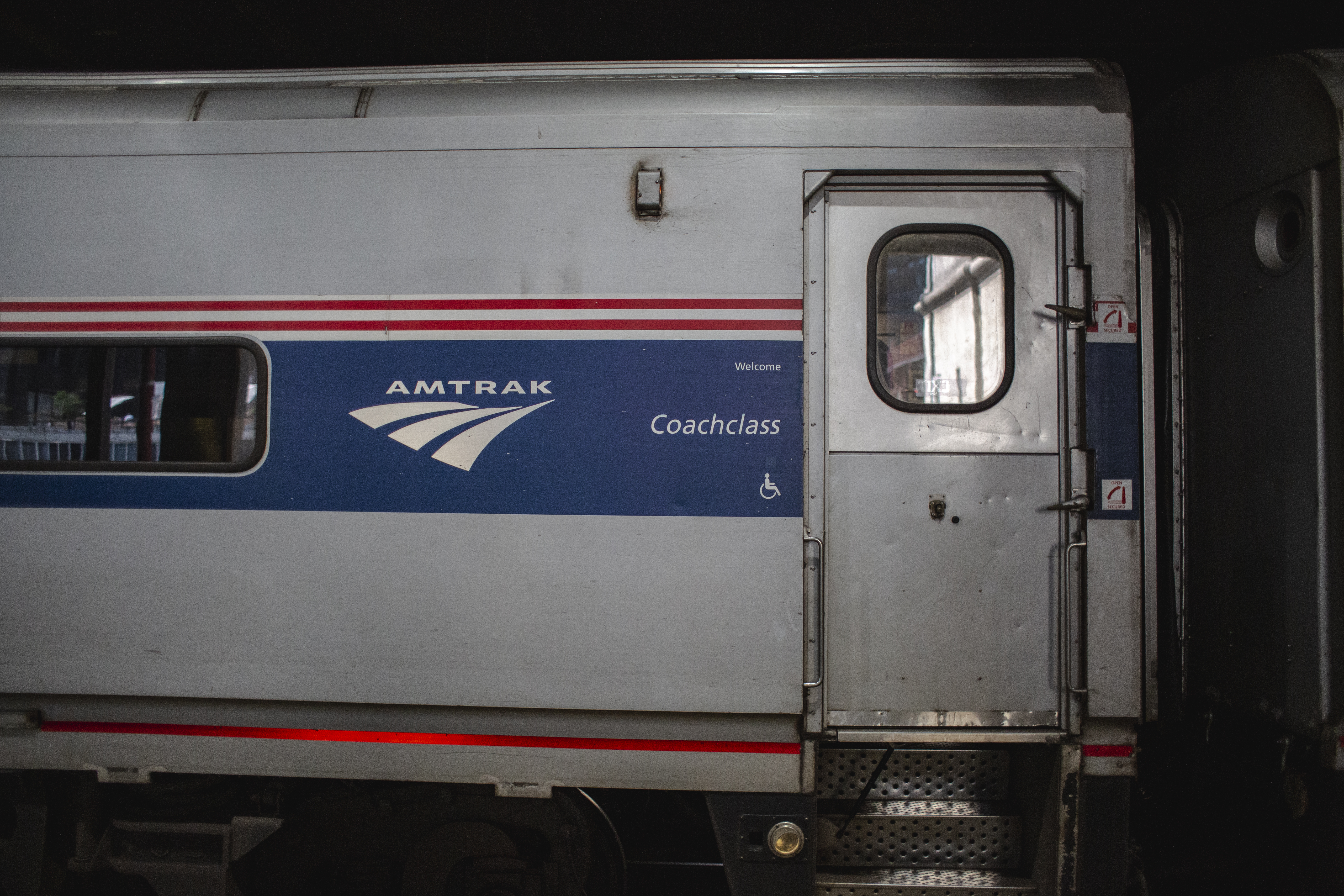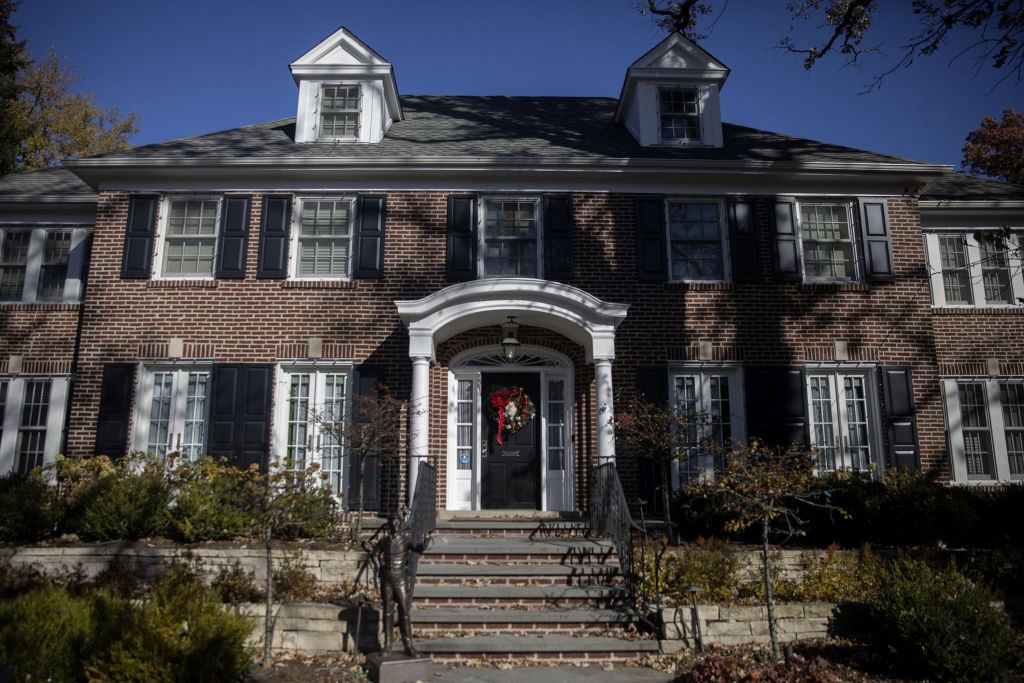Dense fog blanketed much of the Chicago area Thursday morning, with a dense fog advisory in effect and some areas with visibility at a quarter mile or less.
The dense fog advisory would continue for counties to the north and northwest, including Lake, McHenry, DeKalb, Kane, DuPage, LaSalle and Kendall Counties in Illinois, and Kenosha County in Wisconsin through 10 a.m., according to the National Weather Service.
"Sharply reduced visibility" was expected, the NWS said, with fog persisting near the Illinois-Wisconsin state line into the evening.
"Low visibility could make driving conditions hazardous," the NWS advised. "Slow down, increase following distance, use low beams."
Fog will persist across the area this morning. The fog may become locally dense (visibility < ¼ mile) across parts of far northern IL, particularly the area highlighted in the dark Gray area in the image. Conditions gradually improve from south-to-north this PM. #ILwx #INwx pic.twitter.com/Mn1JRikMlk
— NWS Chicago (@NWSChicago) December 26, 2024
Thursday morning also saw drizzly conditions, the NBC 5 Storm Team said, with a chance of showers and more drizzle in the afternoon and into the evening.
More chances for rain showers come overnight and into Friday, with widespread rain expected through as the day continues.
Local
"It's going to be a rainy afternoon tomorrow," NBC 5 Storm Team meteorologist Kevin Jeanes said.
Another potential round of rain showers comes Saturday into Sunday, Jeanes said, followed by Monday night into Tuesday morning, when a wintry mix of snow and rain was possible.
Feeling out of the loop? We'll catch you up on the Chicago news you need to know. Sign up for the weekly Chicago Catch-Up newsletter.
Temperatures this weekend would stay warm before a cool down comes, Jeanes said. According to Jeanes, highs in the mid-to-upper 40s were expected Thursday, with a highs in the low 50s Friday.
"It's the warmest its been in 10 days," Jeanes said, of the 40-degree temperature Thursday morning.
Weekend temperatures would be in the 40s, Jeanes said, before sliding into the 30s and 20s by late next week.
"Going to be getting colder," Jeanes said. "A warm end to December, a warm end to 2024."
When do the days start getting longer?
Although sunrise times were getting later, Jeanes said, sunset times were also getting later, leading to more daylight hours following the Winter Solstice.
"Around 20 seconds more daylight today than yesterday," Jeanes said. "We're gaining daylight."
According to Jeanes, Thursday's sunrise will come at 7:18 a.m., with later sunrises expected through early January.



